The Benefits of Carpooling for the Environment
Carpooling is not just a trend; it’s a lifestyle choice that significantly impacts our world. Think about it: every time we share a ride, we’re not only saving money but also helping our planet breathe a little easier. In an era where climate change looms large, carpooling emerges as a beacon of hope, offering a simple yet effective solution to several pressing environmental issues. By reducing the number of vehicles on the road, we can tackle carbon emissions, alleviate traffic congestion, and even foster community spirit. Let’s dive deeper into these benefits and discover how carpooling can lead us toward a more sustainable future.
One of the most significant benefits of carpooling is its ability to reduce carbon emissions. Imagine a world where fewer cars are belching exhaust fumes into the atmosphere. Every vehicle removed from the road means less carbon dioxide released into the air. This is crucial in our fight against climate change. According to studies, carpooling can decrease the number of cars on the road by up to 50%, which translates to millions of tons of CO2 emissions saved annually. Think of it as a collective effort; when we come together to share rides, we’re taking a stand against pollution and making a positive impact on our environment.
Traffic jams can be a major headache, right? But guess what? Carpooling can help ease that stress. With fewer cars on the road, traffic flows more smoothly, leading to shorter commute times for everyone. This isn’t just a win for the environment; it’s a win for our sanity! Studies show that carpooling can reduce commute times by as much as 20%, which means more time for the things we love. Picture yourself enjoying a leisurely breakfast instead of sitting in gridlock. Sounds appealing, doesn’t it?
With fewer cars on the road, we also see a decrease in air pollution levels. It’s as if we’re giving Mother Nature a much-needed breath of fresh air. Carpooling contributes to cleaner air, which is essential for our health and well-being. The less pollution we have, the better our air quality becomes. This is especially important in urban areas where smog can be a serious concern. By carpooling, we’re not just helping ourselves; we’re ensuring that future generations inherit a healthier planet.
Let’s talk about health. Improved air quality has a direct correlation with better respiratory health. Fewer emissions mean fewer cases of asthma, allergies, and other respiratory issues. When we choose to carpool, we’re not just reducing our carbon footprint; we’re also safeguarding our health. Communities that embrace carpooling often see a significant drop in health-related problems, leading to happier, healthier residents. It’s a win-win situation!
The long-term effects of carpooling can be profound. By consistently choosing to carpool, we can cultivate sustainable environmental practices that benefit our planet over time. Think of it like planting a tree; the more we nurture it, the more it grows and flourishes. Each carpool ride contributes to a larger movement towards sustainability, encouraging others to join in and make a difference. Over time, these small actions can lead to significant environmental improvements.
But wait, there’s more! Carpooling isn’t just good for the environment; it’s also great for your wallet. Sharing rides means sharing costs, which can lead to substantial savings on fuel and vehicle maintenance. For many, this can translate to hundreds of dollars saved each year. Imagine what you could do with that extra cash! Whether it’s a weekend getaway or saving for a rainy day, carpooling allows you to keep more money in your pocket while doing your part for the planet.
Carpooling also fosters social interactions and strengthens community ties. When you share a ride, you’re not just sharing space; you’re sharing stories, laughter, and experiences. This can lead to friendships and a sense of belonging among participants. It’s like being part of a club where everyone is committed to making a difference. Carpooling can turn strangers into friends, all while contributing to a more sustainable environment.
Finally, participating in carpooling promotes a culture of social responsibility. It’s about more than just getting from point A to point B; it’s about contributing to the greater good. When individuals come together to share rides, they’re making a conscious choice to support environmental sustainability and community well-being. This collaborative effort sends a powerful message: we’re all in this together, and every little bit counts.
- What is carpooling? Carpooling is the practice of sharing a ride with others to reduce the number of vehicles on the road.
- How does carpooling help the environment? By reducing the number of cars on the road, carpooling lowers carbon emissions and improves air quality.
- Can carpooling save me money? Yes! Sharing rides can significantly reduce fuel and maintenance costs.
- How can I find carpool partners? There are various apps and websites designed to connect individuals for carpooling.
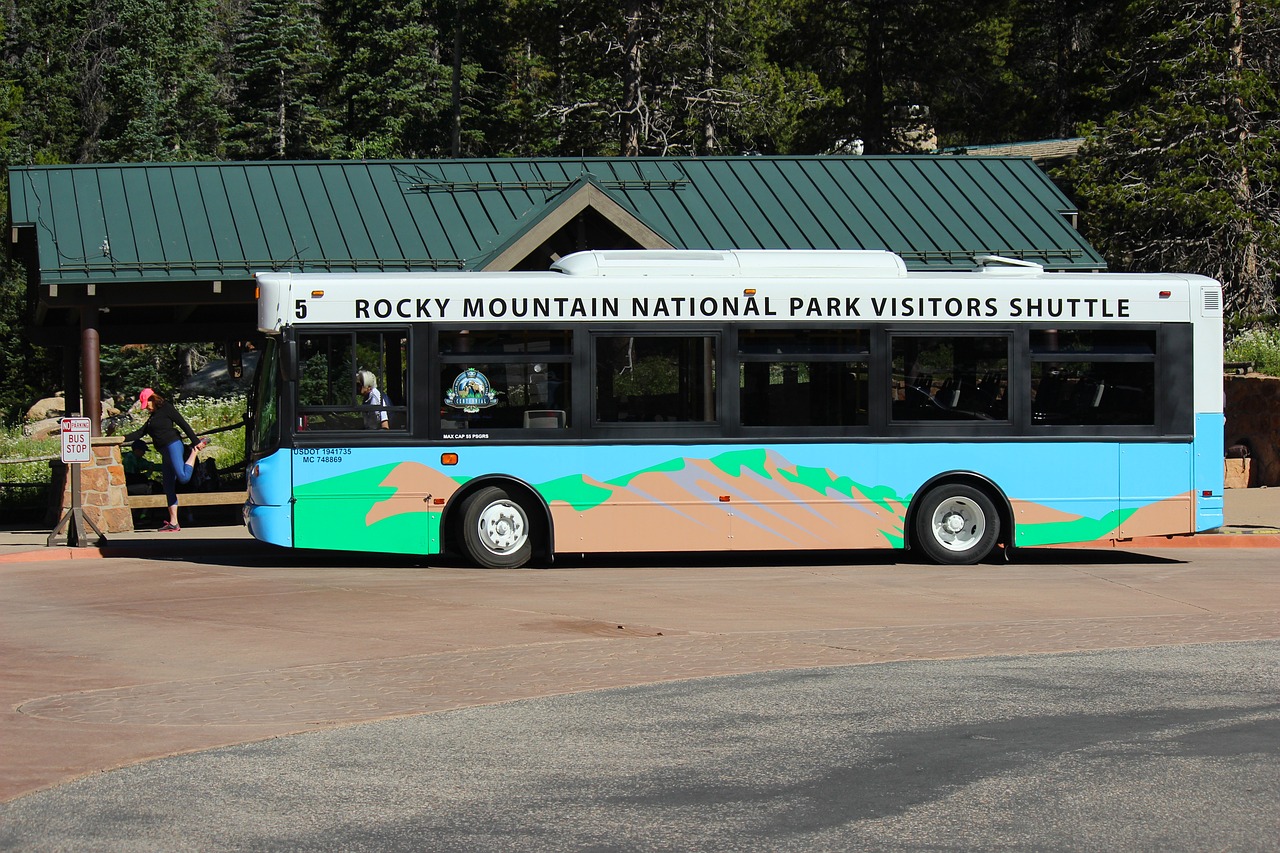
Reducing Carbon Emissions
Carpooling is like a breath of fresh air for our planet, and it plays a crucial role in . Imagine this: every time you hop into a car with a few friends or coworkers instead of driving solo, you're not just saving on gas; you're also cutting down on the number of vehicles on the road. This simple act can lead to a significant decrease in the total amount of carbon dioxide released into the atmosphere. In fact, studies suggest that if more people embraced carpooling, we could see a dramatic reduction in greenhouse gas emissions, which are a leading cause of climate change.
To put this into perspective, consider the following statistics:
| Scenario | Estimated Carbon Emissions (per vehicle per year) |
|---|---|
| Single Occupancy Vehicle | 4.6 metric tons |
| Carpooling (3 passengers) | 1.5 metric tons |
As you can see from the table, when you share a ride with just two other people, you can cut your carbon footprint by nearly two-thirds! This is a powerful reminder of how collective action can lead to substantial environmental benefits. Moreover, when fewer cars are on the road, we not only reduce emissions but also lessen the wear and tear on our roads and infrastructure, leading to lower maintenance costs for local governments.
But the benefits of carpooling extend beyond just the numbers. It's about creating a culture of sustainability and awareness. When people choose to carpool, they often share information about eco-friendly practices, such as reducing energy consumption at home or opting for renewable energy sources. This ripple effect can inspire others to consider their own environmental impact and take action.
In summary, carpooling is an effective strategy for . By simply sharing rides, we can significantly lower the number of vehicles on the road, which in turn diminishes our carbon footprint and contributes to a healthier planet. It's a win-win situation: we save money, reduce traffic, and most importantly, we help combat climate change. So, why not grab a friend or two the next time you head out? Together, we can drive towards a greener future!
- What is carpooling? Carpooling is the practice of sharing a ride with others to reduce the number of vehicles on the road.
- How does carpooling help the environment? By reducing the number of cars on the road, carpooling lowers carbon emissions and helps mitigate climate change.
- Are there any economic benefits to carpooling? Yes! Carpooling can significantly reduce fuel costs and vehicle maintenance expenses for participants.
- Can carpooling improve air quality? Absolutely! Fewer vehicles on the road lead to lower levels of air pollution, resulting in cleaner air and better health for communities.
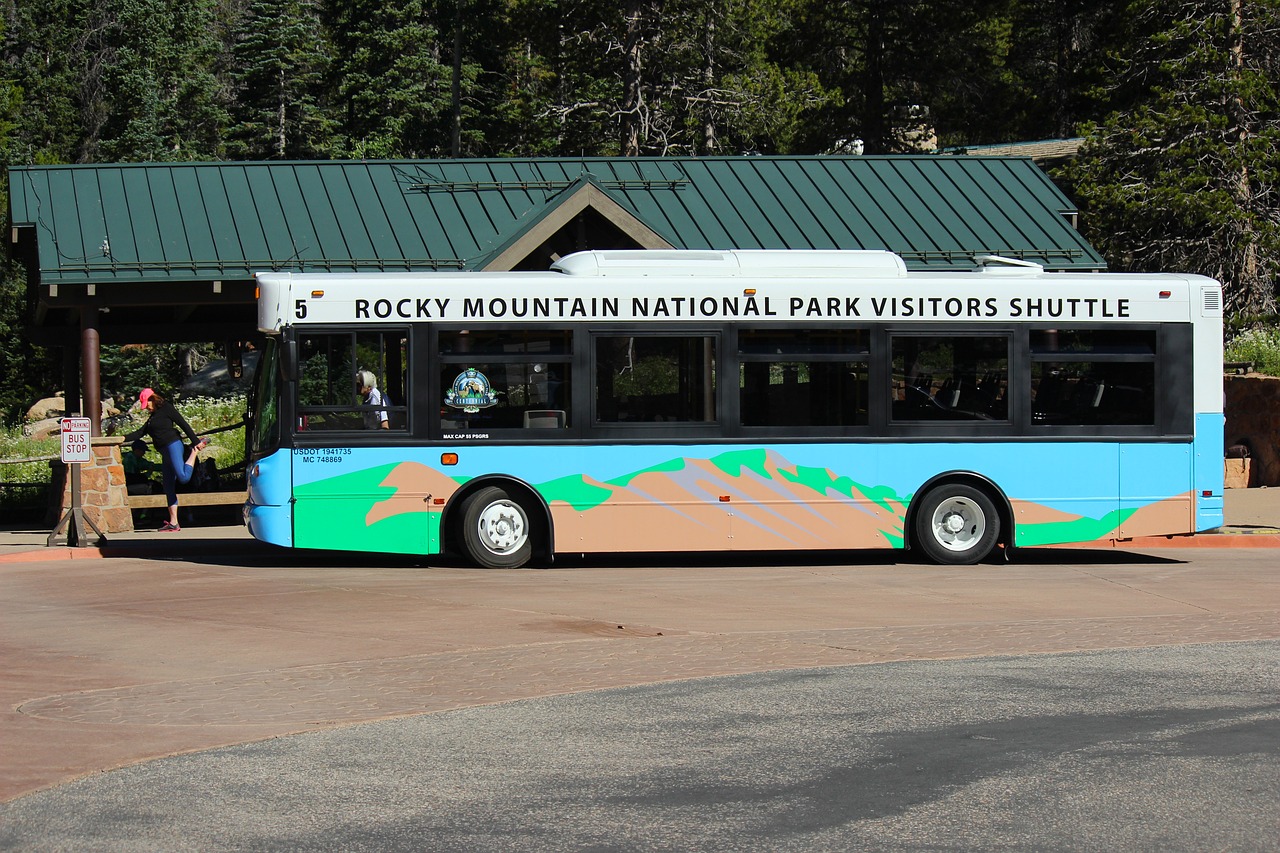
Decreasing Traffic Congestion
Imagine this: you're driving to work, and instead of being stuck in a sea of cars, you're cruising smoothly on the road. Sounds like a dream, right? Well, this dream can become a reality through carpooling. By sharing rides with others, we can significantly reduce the number of vehicles on the road. This reduction not only leads to a more pleasant commuting experience but also plays a crucial role in easing traffic congestion in urban areas.
When more people choose to carpool, it creates a domino effect that benefits everyone. With fewer cars on the road, traffic flow improves, leading to shorter commute times. Studies have shown that carpooling can reduce the number of vehicles on the road by up to 50% during peak hours. This means less honking, less frustration, and more time to enjoy life instead of being stuck in traffic.
Moreover, as the number of cars decreases, the likelihood of traffic jams diminishes. Picture this: you're on your way to a meeting, and instead of arriving late due to gridlock, you arrive on time and stress-free. This improvement in traffic conditions can also lead to fewer accidents, as the roads become less congested. With a smoother flow of traffic, drivers can react more quickly and safely to changing conditions.
But the benefits of decreasing traffic congestion through carpooling don't stop there. It also has a ripple effect on the environment. With fewer cars emitting harmful pollutants, we contribute to a cleaner atmosphere. This is especially important in densely populated cities where air quality can be a significant concern. The less we rely on individual vehicles, the more we can help mitigate the environmental challenges we face today.
To illustrate the impact of carpooling on traffic congestion, consider the following table that outlines the potential benefits:
| Benefit | Description |
|---|---|
| Reduced Vehicles | Decreases the number of cars on the road, leading to less congestion. |
| Shorter Commute Times | Improves traffic flow, allowing for quicker travel. |
| Fewer Accidents | Less congestion leads to a lower chance of collisions. |
| Environmental Benefits | Reduces carbon emissions and improves air quality. |
In conclusion, carpooling is more than just a way to save money on gas; it's a powerful tool for decreasing traffic congestion. By choosing to share rides, we can create a more efficient and enjoyable commuting experience for ourselves and our communities. So next time you're thinking about how to get to work, consider carpooling. You might just find that the journey becomes as enjoyable as the destination.
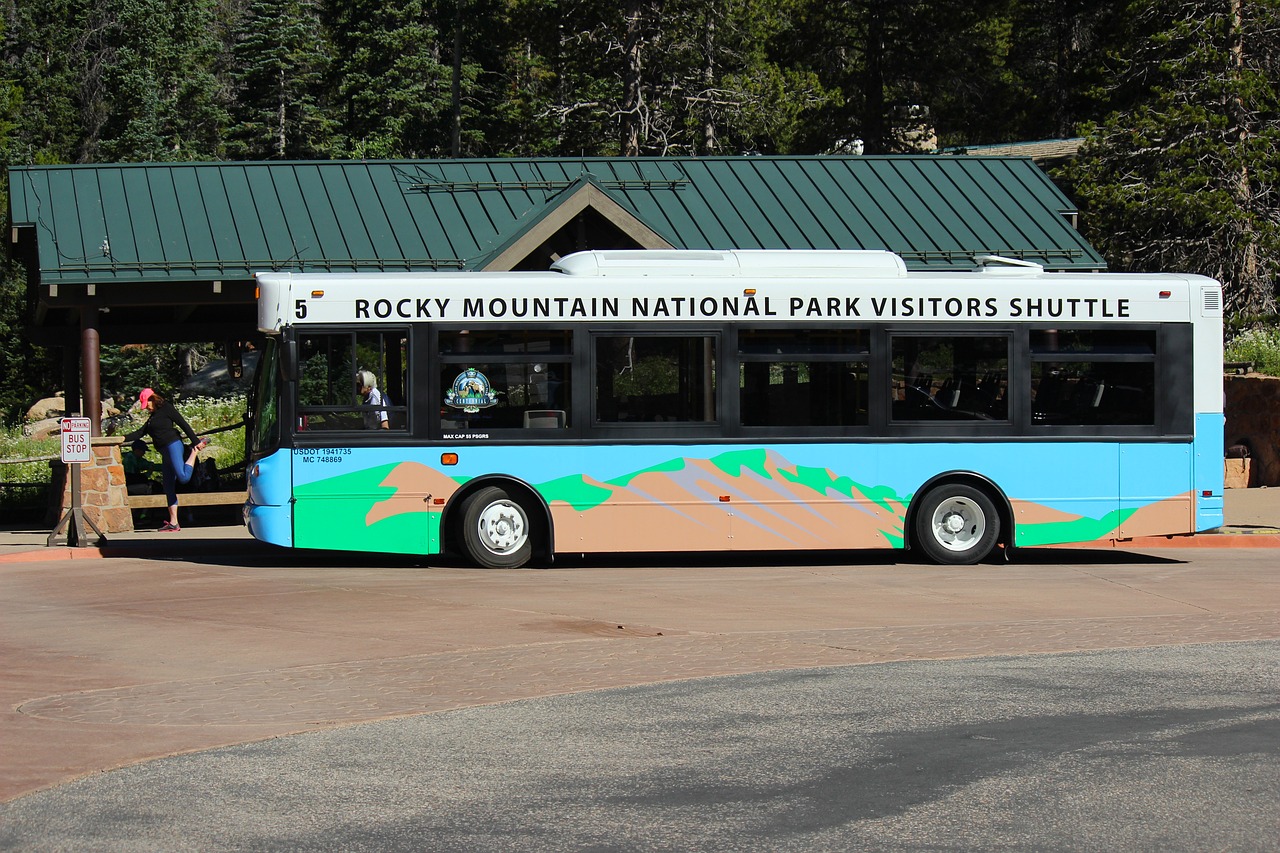
Improving Air Quality
When we talk about air quality, it’s hard not to consider the impact of our daily choices on the environment. Carpooling, a simple yet effective solution, plays a pivotal role in enhancing air quality. By reducing the number of vehicles on the road, carpooling directly contributes to lower emissions of harmful pollutants. Imagine a bustling city where the air is thick with smog, and then picture that same city with fewer cars, breathing easier and cleaner. That's the power of carpooling!
Every time we choose to share a ride, we are not just saving on fuel costs; we are actively participating in a movement to combat air pollution. Studies show that a significant portion of urban air pollution comes from vehicle emissions. By carpooling, we can drastically reduce the number of cars on the road, which means fewer emissions of nitrogen oxides, carbon monoxide, and particulate matter. This is not just a win for the environment; it’s a win for our health!
To illustrate the impact of carpooling on air quality, consider the following statistics:
| Pollutant | Reduction from Carpooling |
|---|---|
| Nitrogen Oxides (NOx) | Up to 30% |
| Carbon Monoxide (CO) | Up to 25% |
| Particulate Matter (PM) | Up to 20% |
These numbers may seem small, but when multiplied by the thousands of commuters who choose to carpool, the effects are monumental. Cleaner air leads to healthier communities, and healthier communities lead to a better quality of life. We can all agree that breathing fresh air is a fundamental right, and carpooling is a step towards reclaiming that right.
Moreover, the benefits of improved air quality extend beyond just environmental health. Cleaner air can lead to fewer respiratory illnesses, lower healthcare costs, and increased productivity. Think about it: when we breathe easier, we feel better, work better, and live better. It’s a ripple effect that starts with the simple act of sharing a ride.
In conclusion, carpooling isn’t just about convenience or saving money; it’s about making a meaningful difference in our world. Every ride shared is a step towards cleaner air and a healthier future. So next time you consider your commuting options, remember that by carpooling, you’re not just giving someone a lift; you’re contributing to a cleaner, greener planet.
- What is carpooling? Carpooling is the practice of sharing a ride with others who are traveling in the same direction, typically to work or school.
- How does carpooling improve air quality? By reducing the number of vehicles on the road, carpooling decreases emissions of harmful pollutants, leading to cleaner air.
- Are there any economic benefits to carpooling? Yes! Carpooling can significantly reduce fuel costs and vehicle maintenance expenses.
- Can carpooling help with traffic congestion? Absolutely! Fewer vehicles on the road lead to smoother traffic flow and shorter commute times.
- How can I find carpool partners? There are various apps and websites designed to connect commuters looking to share rides.
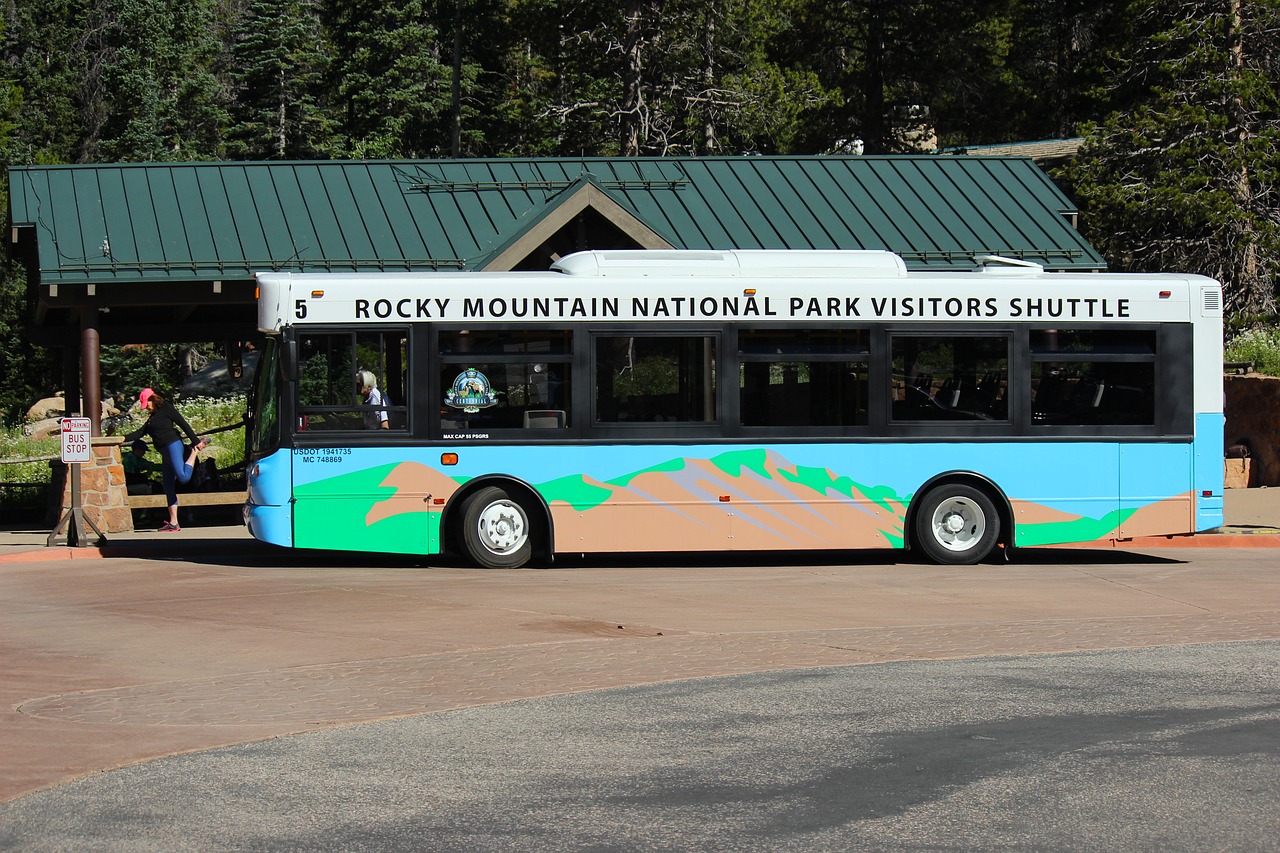
Health Benefits of Cleaner Air
Imagine stepping outside on a crisp morning, taking a deep breath, and feeling invigorated by the clean air around you. This isn’t just a pleasant thought; it’s a reality that can be achieved through carpooling. By reducing the number of vehicles on the road, carpooling leads to a significant decrease in air pollution, which in turn has profound health benefits for everyone in the community.
When we think about air quality, we often overlook the direct impact it has on our health. Poor air quality can lead to a myriad of health issues, including respiratory problems, cardiovascular diseases, and even reduced cognitive function. On the flip side, cleaner air can enhance our overall well-being. Studies have shown that communities that engage in carpooling experience:
- Improved Respiratory Health: With fewer cars emitting harmful pollutants, the air becomes less toxic, reducing the incidence of asthma and other respiratory conditions.
- Lower Incidence of Heart Disease: Cleaner air contributes to better heart health, as pollutants can exacerbate heart conditions.
- Enhanced Mental Clarity: Cleaner air is linked to improved cognitive function, allowing individuals to think more clearly and perform better at work or school.
Moreover, the benefits extend beyond just physical health; they also encompass mental and emotional well-being. Imagine the collective sigh of relief when a community experiences a drop in pollution levels. People feel more energized and less stressed, fostering a sense of happiness and community spirit. This is particularly important in today’s fast-paced world, where stress levels are at an all-time high.
The health benefits of cleaner air are not just a short-term gain; they contribute to long-term wellness. By promoting carpooling, we’re not only investing in our immediate health but also in the future of our community. It’s a win-win situation! Just think about how many lives could be positively impacted by simply sharing a ride. It’s like planting seeds for a healthier tomorrow, where everyone can thrive in a cleaner environment.
In conclusion, the health benefits of cleaner air achieved through carpooling are undeniable. By reducing air pollution, we’re not just improving our respiratory and cardiovascular health; we’re enhancing our overall quality of life. So, the next time you consider commuting alone, think about the positive ripple effect that carpooling can create—not just for you, but for everyone around you.
Q: How does carpooling improve air quality?
A: Carpooling reduces the number of vehicles on the road, which lowers emissions of harmful pollutants, leading to cleaner air.
Q: What are the health risks associated with poor air quality?
A: Poor air quality can lead to respiratory issues, heart disease, and cognitive decline among other health problems.
Q: Can carpooling really make a difference in my community?
A: Yes! By reducing traffic and emissions, carpooling contributes to better air quality and fosters community connections.
Q: How can I find carpooling partners?
A: You can use apps, social media groups, or community boards to connect with others looking to share rides.
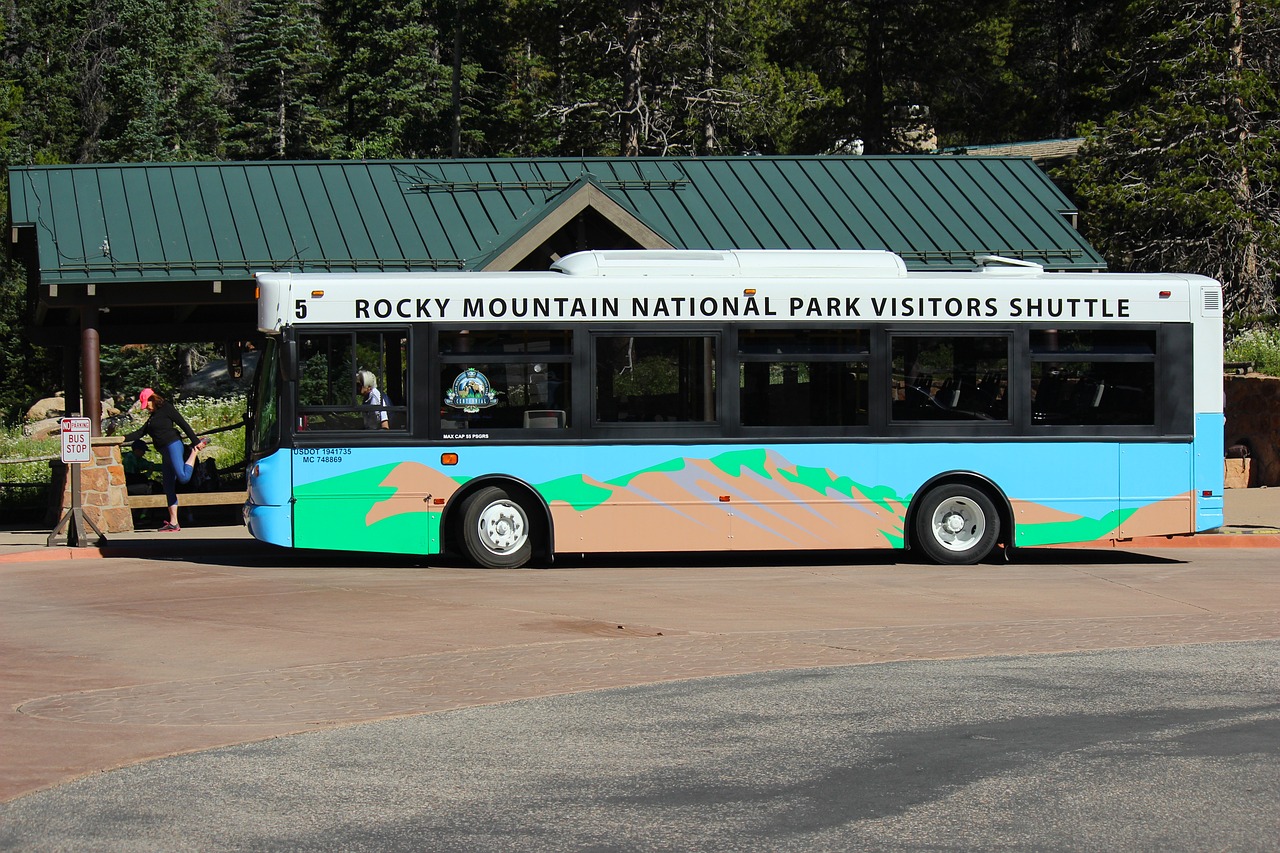
Long-Term Environmental Impact
When we think about the of carpooling, it's like planting a seed for a greener future. Every time a group of friends or colleagues decides to share a ride, they are not just saving money or time—they're also making a significant contribution to reducing our carbon footprint. Imagine if every person in a city chose to carpool just once a week; the cumulative effect could be staggering!
Over time, consistent carpooling can lead to a noticeable decrease in the number of vehicles on the road. This reduction plays a crucial role in combating climate change. The less we rely on individual car travel, the lower the emissions of greenhouse gases like carbon dioxide. In fact, studies have shown that if just 10% of commuters switched to carpooling, we could see a reduction of millions of tons of CO2 emissions annually. That’s equivalent to removing hundreds of thousands of cars from the roads!
Furthermore, carpooling encourages a cultural shift towards more sustainable practices. As people become more aware of the environmental benefits of sharing rides, they may also start to adopt other eco-friendly habits. This ripple effect can lead to a community that prioritizes sustainability in various aspects of life, from recycling to energy conservation. It's a beautiful cycle: the more we engage in eco-friendly practices, the more we inspire others to do the same.
In addition, the long-term environmental impact of carpooling can be measured in terms of resource conservation. Fewer cars on the road mean less demand for fossil fuels, which can lead to lower prices and reduced extraction activities. This not only conserves our natural resources but also decreases the environmental degradation associated with oil drilling and refining processes. In essence, carpooling is a small action that can lead to significant changes in our consumption patterns.
To visualize the impact of carpooling on emissions, consider the following table:
| Carpooling Scenario | Estimated CO2 Reduction (Tons) |
|---|---|
| 10% of Commuters Carpool Once a Week | 1 million |
| 25% of Commuters Carpool Once a Week | 2.5 million |
| 50% of Commuters Carpool Once a Week | 5 million |
In conclusion, the long-term environmental impact of carpooling is profound and multifaceted. It not only helps reduce emissions and conserve resources but also fosters a culture of sustainability and community engagement. By choosing to carpool, we are not just making a choice for ourselves; we are making a choice for our planet and future generations. So, next time you have the option to share a ride, remember that your decision can echo far beyond just the immediate benefits!
- What is carpooling? Carpooling is the practice of sharing a ride with others to reduce the number of vehicles on the road.
- How does carpooling benefit the environment? It reduces carbon emissions, conserves resources, and improves air quality.
- Can carpooling save me money? Yes, sharing rides can significantly lower fuel costs and vehicle maintenance expenses.
- How can I find carpool partners? You can use carpooling apps, social media groups, or community boards to connect with potential carpoolers.
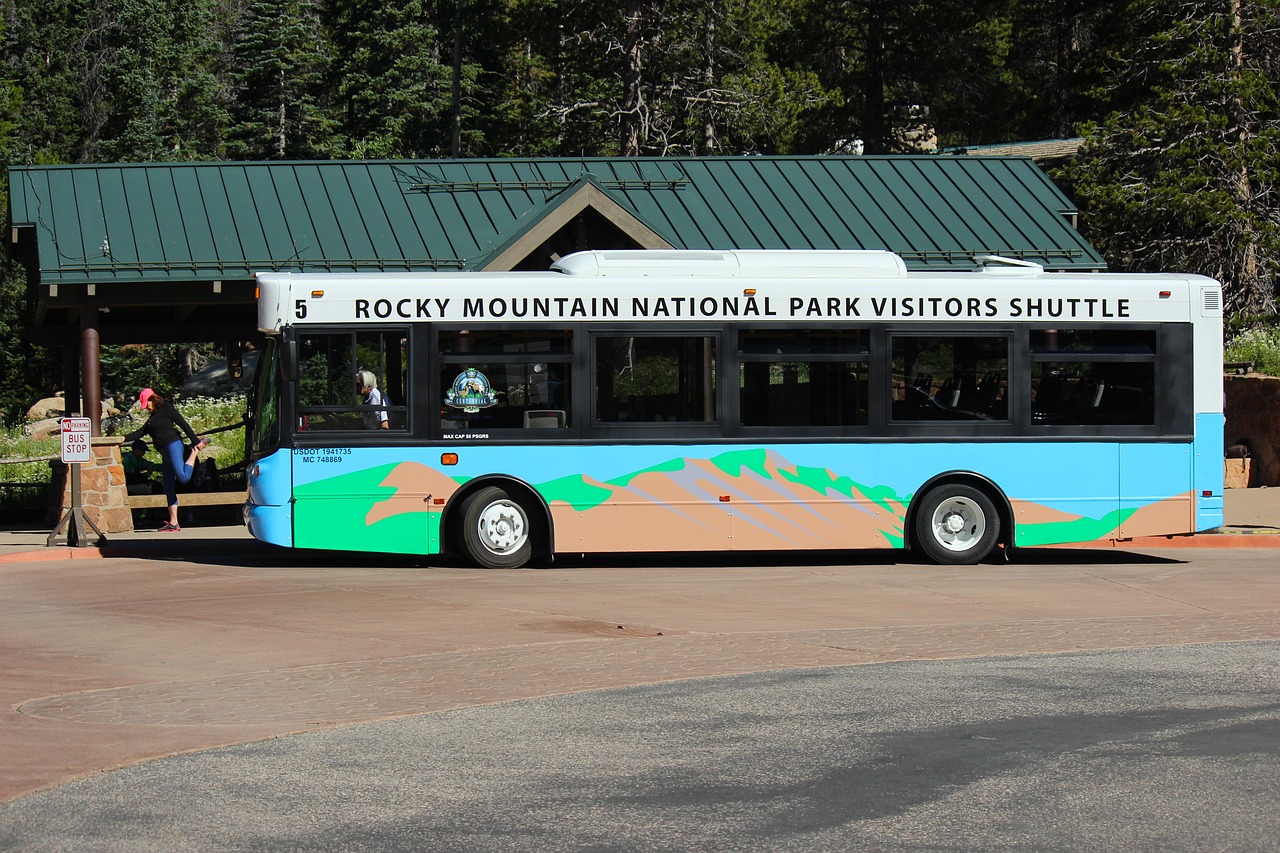
Economic Advantages
Carpooling isn't just a boon for the environment; it also offers significant for individuals and communities alike. Imagine sharing the cost of fuel, reducing wear and tear on your vehicle, and even saving on parking fees. It's like having your cake and eating it too! When you carpool, you're not only cutting down on personal expenses but also playing a part in a larger movement toward sustainability.
One of the most immediate financial benefits of carpooling is the reduction in fuel costs. When multiple people share a ride, the cost of gas is split among passengers, which can lead to substantial savings over time. For example, if you commute to work five days a week and share the ride with just one other person, you could potentially cut your fuel expenses in half! This not only makes your wallet happier but also encourages more people to consider alternatives to driving alone.
In addition to fuel savings, carpooling can significantly lower vehicle maintenance costs. Fewer miles driven means less wear and tear on your car, which translates to reduced expenses for oil changes, tire rotations, and other routine maintenance. Over the lifespan of a vehicle, these savings can add up to hundreds, if not thousands, of dollars. Plus, with fewer vehicles on the road, there’s a decreased likelihood of accidents, which can save you from unexpected repair bills and insurance hikes.
Moreover, let’s not forget about parking fees. In urban settings, parking can be a real headache—and a costly one at that. Many workplaces and public areas charge for parking, and those costs can accumulate quickly. By carpooling, you can often take advantage of carpool parking spots, which are typically closer to building entrances and may even be free or discounted. Not only does this save you money, but it also saves you time, which is invaluable in today’s fast-paced world.
To illustrate the financial impact of carpooling, let’s take a look at a simple table showing potential savings over a month of commuting:
| Expense Category | Single Driver | Carpooling (2 People) | Carpooling (4 People) |
|---|---|---|---|
| Fuel Cost (Monthly) | $200 | $100 | $50 |
| Maintenance Cost (Monthly) | $50 | $25 | $12.50 |
| Parking Cost (Monthly) | $100 | $50 | $25 |
| Total Monthly Cost | $350 | $175 | $87.50 |
As you can see from the table, the savings can be quite significant, especially when you consider the long-term benefits of carpooling. Not only does it lighten your financial load, but it also encourages a sense of community and shared responsibility. When you save money, you might find yourself with extra cash to spend on things you love—like a weekend getaway or a nice dinner out with friends.
In conclusion, the of carpooling are clear. By sharing rides, you can significantly reduce your fuel and maintenance costs, save on parking fees, and contribute to a more sustainable future. It's a win-win situation that benefits not just your wallet but also the environment and your community. So why not reach out to your coworkers or neighbors and start carpooling today? You might just find that the journey is as enjoyable as the destination!
- How do I find carpool partners? You can use various apps and websites designed for carpooling, or simply ask friends, coworkers, or neighbors if they are interested in sharing rides.
- Is carpooling safe? Yes, carpooling can be safe, especially when you know your carpool partners. It's always a good idea to meet in public places and establish mutual trust.
- What if my carpool partner can't make it? It's helpful to have a backup plan, such as alternate transportation or other carpool partners who can step in when needed.
- Are there any legal issues with carpooling? Generally, carpooling is legal, but it's important to check local regulations and ensure that any arrangements comply with your workplace policies.
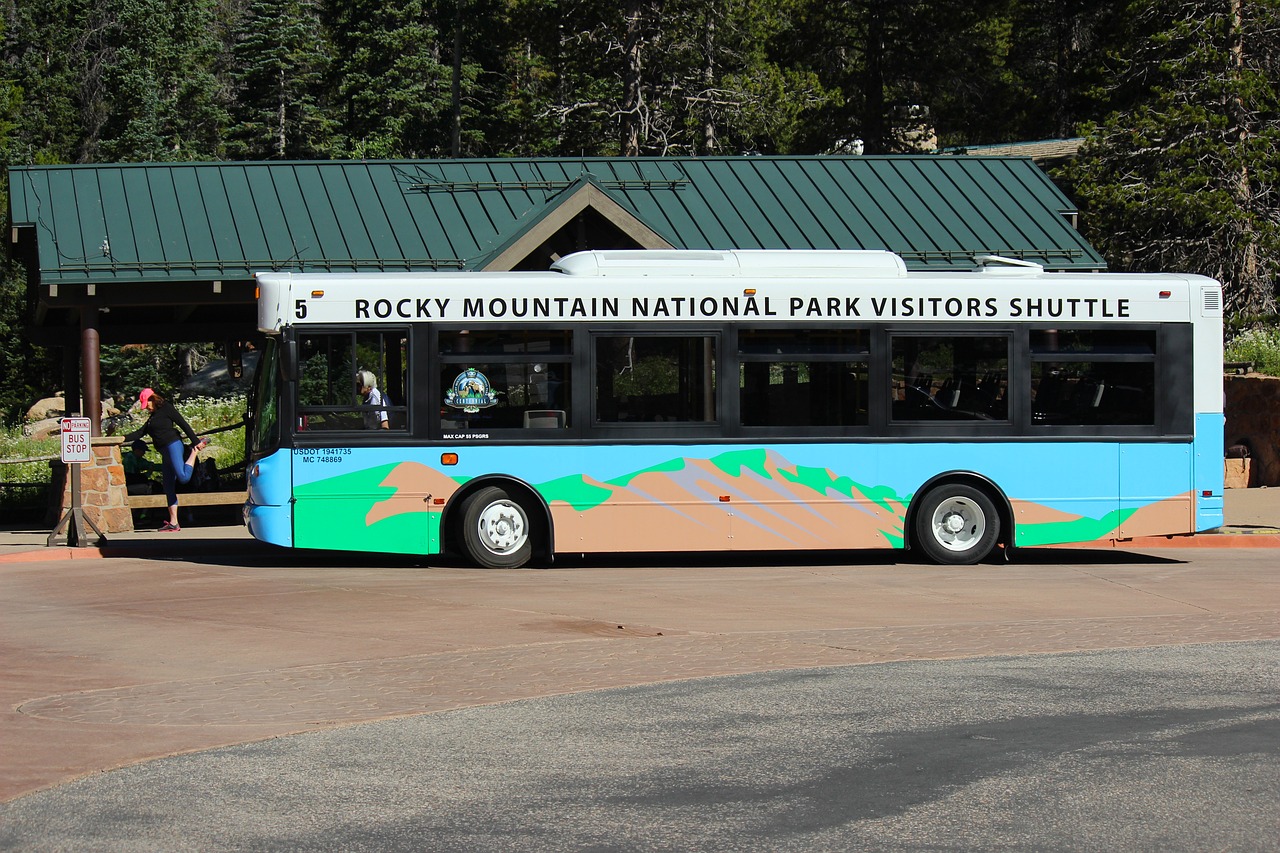
Building Community Connections
Carpooling isn't just about getting from point A to point B; it's about building connections within our communities. When you share a ride with someone, you share stories, laughter, and sometimes even a few secrets. This simple act of commuting together can transform strangers into friends, fostering a sense of belonging that is often missing in our fast-paced lives. Imagine hopping into a car with someone you’ve just met and, by the end of the week, you’re discussing weekend plans or sharing tips on the best local eateries. It’s like a mini-community in motion!
Furthermore, carpooling creates opportunities for social interactions that are often overlooked. In today’s digital age, many of us find ourselves more connected to our devices than to the people around us. Carpooling counters this trend by encouraging face-to-face conversations. These interactions can lead to deeper relationships, enhance teamwork in work environments, and even spark new ideas and collaborations. The car becomes a mobile hub of creativity and camaraderie!
Consider the benefits of having a diverse group of people sharing rides. Each person brings their unique perspective, background, and experiences to the table. This diversity can lead to enriching conversations and a broader understanding of the world around us. You might find that your carpool buddy has insights into a culture or profession you know little about, thus expanding your horizons. It's like a mini cultural exchange without the need for a passport!
Moreover, carpooling can significantly strengthen community ties. When you regularly see the same faces during your commute, it fosters a sense of familiarity and trust. You begin to recognize each other's routines and develop a rapport that extends beyond the car. This can lead to community initiatives, neighborhood gatherings, and even collaborative projects that benefit everyone involved. It's as if you’re planting the seeds for a more connected and engaged community.
In addition to the social benefits, carpooling can also promote a strong sense of social responsibility. When you participate in carpooling, you’re not just doing your part to reduce traffic and emissions; you’re also setting an example for others. Your commitment to shared commuting can inspire friends, family, and colleagues to consider carpooling as a viable option. This ripple effect can lead to a larger movement within your community, encouraging more people to embrace sustainable practices.
Ultimately, carpooling is about more than just saving money on gas or reducing your carbon footprint; it’s about creating a community where people feel connected and supported. The friendships formed during these shared rides can lead to a network of support that enhances quality of life. So, the next time you think about driving alone, consider the potential connections waiting for you in the passenger seat!
- How can I find carpool partners? There are various apps and websites designed to connect individuals looking for carpooling options. You can also ask friends, coworkers, or neighbors if they are interested in sharing rides.
- Is carpooling safe? Yes, carpooling can be safe, especially when you choose trusted individuals or use reputable platforms to connect with others. Always communicate openly and set clear expectations with your carpool partners.
- What are the environmental benefits of carpooling? Carpooling reduces the number of vehicles on the road, leading to lower carbon emissions and improved air quality. This collective effort can significantly contribute to combating climate change.
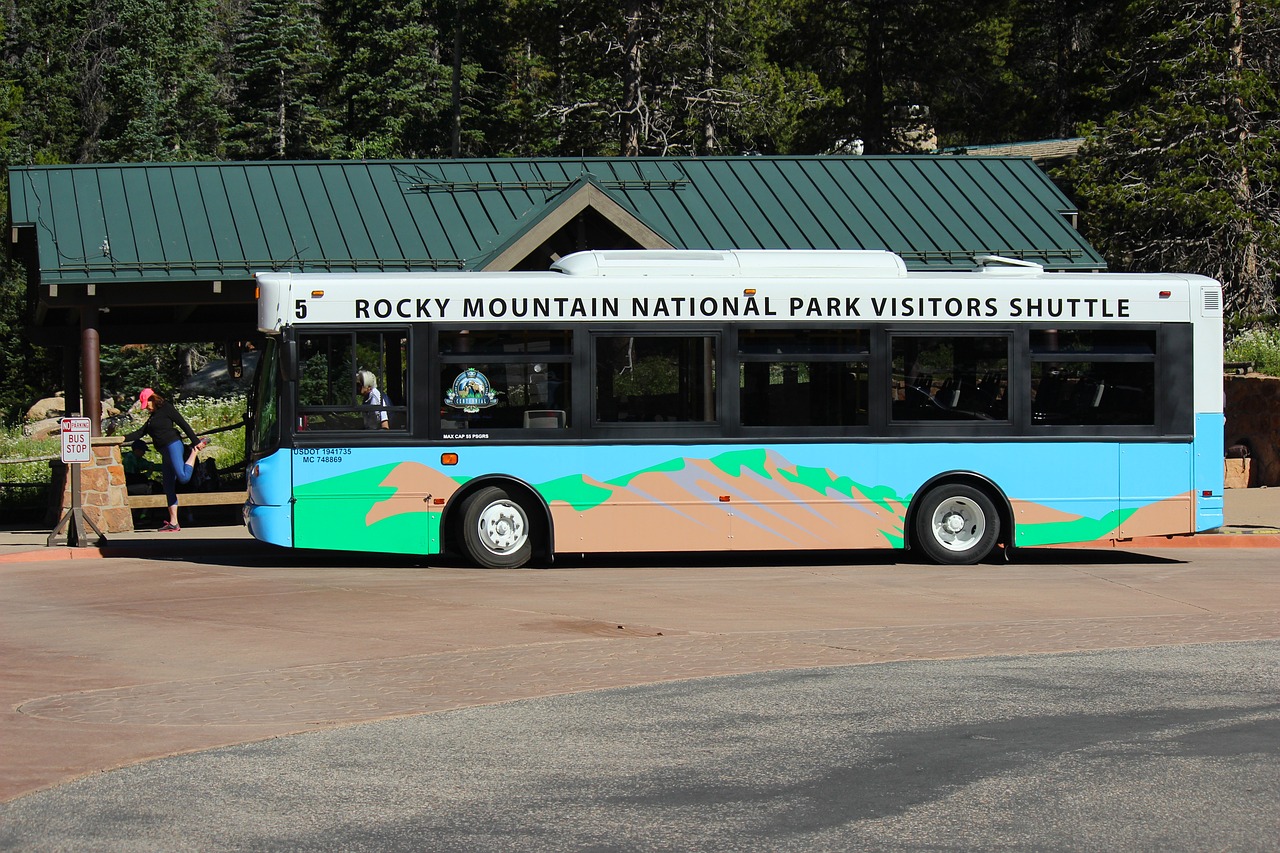
Encouraging Social Responsibility
Carpooling is more than just a practical solution for getting from point A to point B; it is a powerful catalyst for fostering social responsibility among individuals and communities. When people choose to share rides, they are not only reducing their carbon footprint but also making a conscious decision to contribute to the greater good. It’s similar to planting a seed in a garden; each small act of carpooling can blossom into a larger movement that promotes environmental sustainability and community engagement.
One of the most significant aspects of carpooling is the way it encourages individuals to think beyond themselves. By sharing a vehicle, participants become part of a collective effort to address issues like traffic congestion and air pollution. This shift in mindset can lead to a deeper understanding of how our daily choices impact the world around us. When people realize that their actions can contribute to a healthier environment, they are more likely to adopt other sustainable practices, such as recycling, conserving energy, or supporting local businesses.
Moreover, carpooling can create a sense of community that transcends the simple act of sharing a ride. When individuals regularly commute together, they have the opportunity to build relationships and strengthen social ties. This can lead to a more connected community where people look out for one another, share resources, and collaborate on local initiatives. Imagine the ripple effect that can occur when a few friends decide to carpool: they inspire others to join in, creating a network of support and shared values that can transform a neighborhood.
In addition to fostering connections, carpooling also promotes a culture of collaboration and mutual respect. Participants learn to coordinate schedules, share responsibilities, and communicate effectively—skills that are invaluable in both personal and professional settings. This collaborative spirit can extend beyond carpooling, encouraging individuals to engage in other community-oriented activities, such as volunteering or participating in local events.
To further illustrate the impact of carpooling on social responsibility, consider the following table that highlights how shared commuting can lead to broader community benefits:
| Benefit | Description |
|---|---|
| Reduced Carbon Footprint | Sharing rides decreases the number of vehicles on the road, leading to lower emissions. |
| Community Engagement | Regular carpooling fosters friendships and a sense of belonging among participants. |
| Economic Savings | Participants save money on fuel and maintenance, which can be reinvested in the community. |
| Enhanced Well-Being | Stronger social ties contribute to improved mental health and community resilience. |
Ultimately, carpooling is a simple yet impactful way for individuals to take part in a larger movement towards sustainability and social responsibility. By choosing to share rides, we not only make our own lives easier but also contribute to a healthier planet and a more connected community. So, the next time you’re heading out, consider reaching out to a friend or neighbor to carpool. You might just be surprised at how rewarding the experience can be!
- What is carpooling? Carpooling is the practice of sharing a ride with others, typically to reduce the number of vehicles on the road.
- How does carpooling benefit the environment? Carpooling reduces carbon emissions and traffic congestion, leading to improved air quality and a lower carbon footprint.
- Can carpooling save me money? Yes! By sharing rides, participants can save on fuel costs and vehicle maintenance expenses.
- How can I find carpool partners? Many online platforms and local community boards can help you connect with potential carpool partners.
- What are the social benefits of carpooling? Carpooling fosters social connections and a sense of community, encouraging collaboration and shared responsibility among participants.
Frequently Asked Questions
-
What is carpooling and how does it work?
Carpooling is a shared transportation method where multiple people travel together in one vehicle, usually to a common destination like work or school. It works by coordinating schedules and routes, allowing participants to share the costs of fuel and reduce the number of vehicles on the road.
-
How does carpooling benefit the environment?
Carpooling significantly reduces carbon emissions by decreasing the number of vehicles on the road. Fewer cars mean less fuel consumption, which leads to lower greenhouse gas emissions. This is crucial in the fight against climate change and helps improve overall air quality.
-
Will carpooling save me money?
Absolutely! By sharing rides, participants can split fuel costs and reduce wear and tear on their vehicles. Over time, these savings can add up significantly, making carpooling not just an environmentally friendly choice but also an economically smart one.
-
How can I find carpooling partners?
There are several ways to find carpooling partners. You can use social media groups, dedicated carpooling apps, or community bulletin boards. Additionally, many workplaces and schools have programs in place to help connect individuals who are interested in carpooling.
-
Is carpooling safe?
Safety is a valid concern, but many carpoolers establish trust through shared connections, like coworkers or friends. It’s important to communicate openly and set ground rules. Additionally, using reputable carpooling platforms can enhance safety measures.
-
What are the social benefits of carpooling?
Carpooling fosters community connections and encourages social interactions among participants. It can lead to new friendships and a sense of belonging, as people share their commuting experiences and build relationships over time.
-
Can carpooling improve my commute experience?
Definitely! Carpooling can make your commute more enjoyable by allowing you to socialize, share stories, and even reduce the stress of driving alone. Plus, with fewer cars on the road, traffic tends to flow better, leading to shorter commute times.
-
What should I consider before starting a carpool?
Before starting a carpool, consider factors like your schedule, the routes involved, and the number of participants. It's also helpful to discuss preferences regarding music, conversation, and any other commuting habits to ensure a comfortable experience for everyone.



















